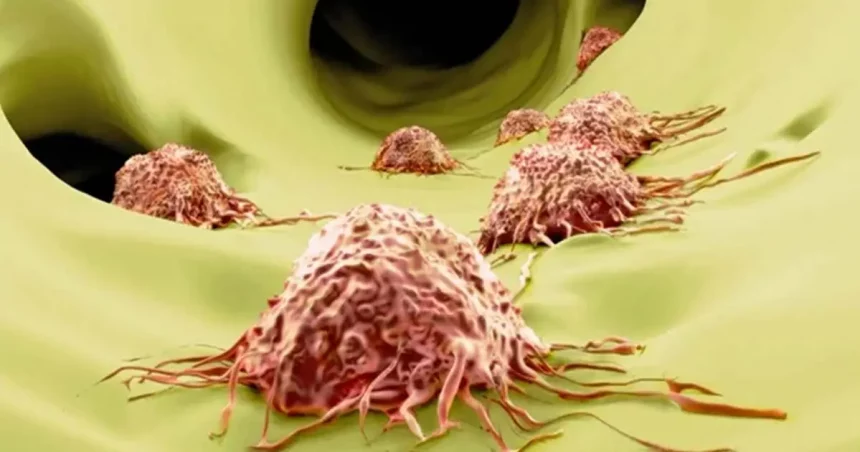Many years have been dedicated to developing a drug that can prevent metastasis in cancer patients, with little success. However, a recent breakthrough discovery by doctors offers hope in turning cancer into a treatable disease. Metastasis is responsible for a staggering 90% of cancer deaths, where cancer cells spread to other parts of the body through the blood or lymph system. Existing treatments for metastatic cancer include surgery, radiation therapy, immunotherapy, chemotherapy, and hormone therapy. Unfortunately, many patients develop resistance to these treatments, leading to recurrence and ultimately, metastasis. Researchers at the University of Salford have uncovered a new therapeutic strategy to prevent metastasis through mitochondrial ATP depletion. By removing the ability of cancer cells to produce new energy, aggressive cancer cells can be effectively destroyed. The team has designed a new cancer metastasis inhibitor based on an existing antibiotic, making it five times stronger while remaining non-toxic and antibiotic-resistant. This breakthrough offers hope to millions of cancer patients worldwide, bringing us closer to finding effective treatments for this deadly disease.






